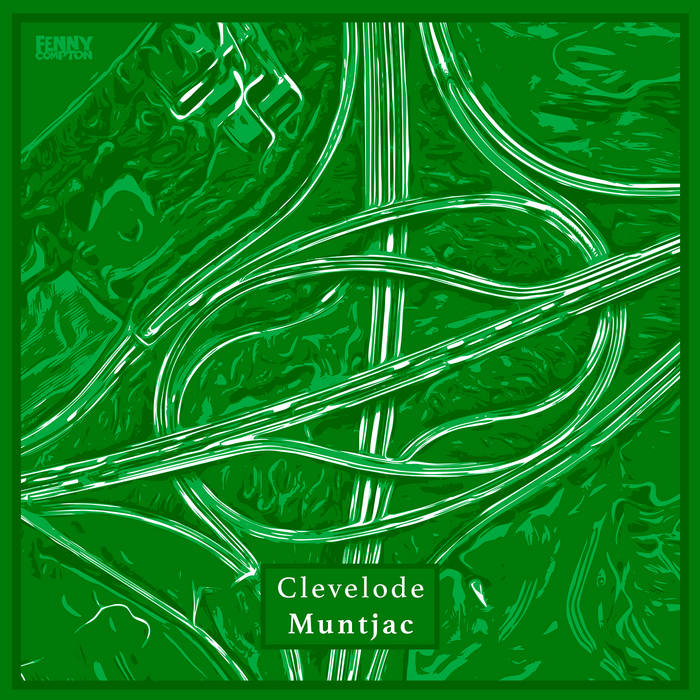Muntjac is a location-specific album, packed with the spirit of particular places. Paul Newland, one half of The Lowland Hundred of fond memory, has adopted a new identity as Clevelode, taken from a small Worcestershire village near the Malverns, where Muntjac was recorded. But the album itself is about Epping Forest, physically and conceptually a very different type of place, but linked in Newland’s life and imagination. Newland combines songs performed in his open, vulnerable baritone with extended instrumental tracks. As Clevelode, he uses piano and synthesisers to create a lingering, reflective mood that explores the memory of the place where he grew up.
All the tracks on Muntjac are named after Epping Forest locations: ‘Loughton Camp’, ‘High Beech’, ‘Grimston’s Oak’. Newland sings “Although I left this place, part of me remains”, setting the record’s agenda. The album pores over the geography of the Forest, which wraps around the edge of North-East London. It is liminal territory, a place that combines the urban and the wild, the grubby and ephemeral with deep history. Newland’s music plays with these heady contradictions. ‘Outside (the Epping Forest Country Club)’, with its unabashed 1980s Casio beat, is a song of recovery and redemption in an apparently unremarkable setting. ‘Traffic Jam in the Bell Common Tunnel’ is suburban motorik, dark and alluring. ‘It Must Have Rained Last Night (Avenue of Trees)’ is a mini-masterpiece of love song concision, with Newland’s lingering images – “Tree bark swollen like your liquid eyes” – backed by precision instrumentation.
The album’s shorter tracks lead into two final epics, a pair of tracks each around a quarter of an hour long, draws together the threads. ‘The Shortest Way Home (Genesis Slade)’ recounts childhood exploration in the heart of the forest – slow, plangent and rich with texture. ‘Ambresbury Banks’ is an instrumental epic with clear-edged piano, and synths that rumble like thunder and call like hunting horns. The sound on Muntjac is unmistakable. Newland’s voice is remarkable in its lucidity and calmness, and he sings like a trusted narrator, holding nothing back. The sounds he explores on his multiple instruments – piano, guitar, synths, percussion – are sophisticated, with a magic hour melancholy. Clevelode’s music is unnervingly direct, with unadorned lyrics that seem to conceal nothing. Muntjac is both exposed and cloaked in thick forest, a record that will inspire the same love as The Lowland Hundred before it.


